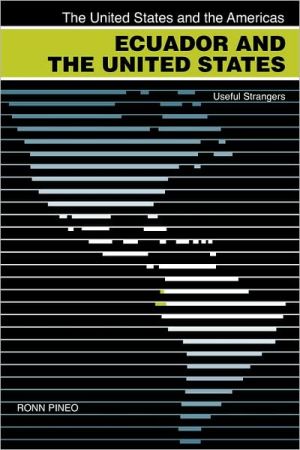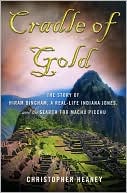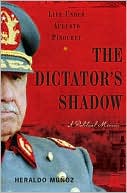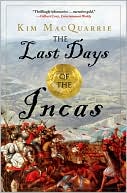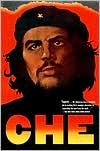Ecuador And The United States
This history of relations between Ecuador and the United States is a revealing case study of how a small, determined country has exploited its marginal status when dealing with a global superpower. Ranging from Ecuador’s struggle for independence in the 1820s and 1830s to the present day, the book examines the misunderstandings, tensions, and--from the U.S. perspective--often unintended consequences that have sometimes arisen in relations between the two countries.\ Such interactions included...
Search in google:
This history of relations between Ecuador and the United States is a revealing case study of how a small, determined country has exploited its marginal status when dealing with a global superpower. Ranging from Ecuador’s struggle for independence in the 1820s and 1830s to the present day, the book examines the misunderstandings, tensions, and--from the U.S. perspective--often unintended consequences that have sometimes arisen in relations between the two countries.Such interactions included U.S. efforts in Ecuador to stem yellow fever, build railroads, and institute economic reforms. Many of the two countries’ exchanges in the twentieth century stemmed from the global disruptions of World War II and the cold war. More recently, Ecuadorian and U.S. interests have been in contest over fishing rights, foreign development of Ecuadorian oil resources, and Ecuador’s emergence as a transit country in the drug trade.Ronn Pineo looks at these and other issues within the context of how the United States, usually preoccupied with other concerns, has often disregarded Ecuador’s internal race, class, and geographical divisions when the two countries meet on the global stage. On the whole, argues Pineo, the two countries have operated effectively as “useful strangers” throughout their mutual history. Ecuador has never been merely a passive recipient of U.S. policy or actions, and factions within Ecuador, especially regional ones, have long seen the United States as a potential ally in domestic political disputes. The United States has influenced Ecuador, but often only in ways Ecuadorians themselves want. This book is about the dynamics of power in the relations between a very large if distracted nation when dealing with a very small but determined nation, an investigation that reveals a great deal about both. American Historical Review Pineo has written an important work that will be of interest to specialists as well as to a general readership.--(Marc Becker, Truman State University)
List of Maps xiAcknowledgments xiiiIntroduction 1From Colonies to Young Republics: Independence to the 1850s 12Establishing an Unsettling Relationship: The 1850s to the 1890s 38The Railroad Age: The 1890s to the 1920s 62Economic Collapse and War: The 1920s to the 1940s 93The Cold War in Ecuador: The 1940s to the 1960s 132Tuna, Oil, and Trouble: The 1960s to the 1980s 172Democratization and Neoliberalism: The 1980s to the Present 189Epilogue 217Notes 221Bibliographical Essay 245Index 255
\ American Historical ReviewPineo has written an important work that will be of interest to specialists as well as to a general readership.--(Marc Becker, Truman State University)\ \
